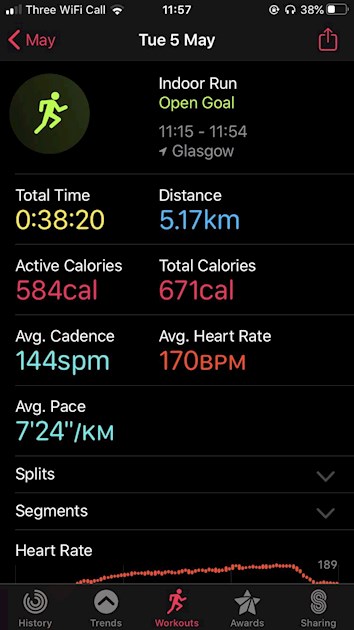I’ve just completed week 8 run 1 and feeling good. I’m 31, 235lbs, and have already lost about 6lbs since week 1. I also feel my stamina increasing and Am enjoying my runs. I’m looking forward to completing the program but will definitely carry on running.
According to my Apple Watch, my average heart rate is 170bpm and maxing at about 189bpm. This seems high to me but I’m presuming that because I’ve gone from relatively low level fitness to running nearly 30 mins in a short space of time then this might be about right and should come down over time...?
Any advice on heart rate for a relatively new runner would be much appreciated!
